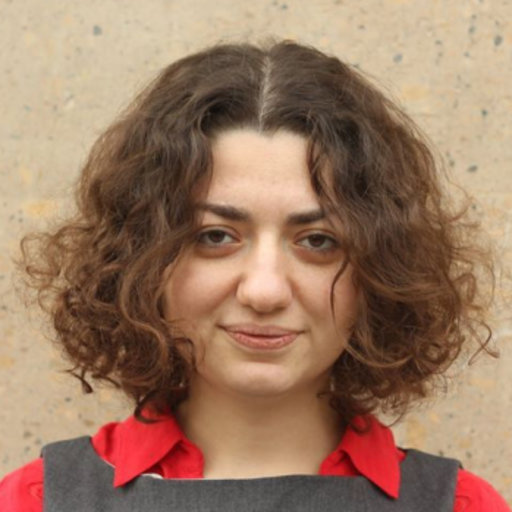Researcher spotlight #25: Byurakn Ishkhanyan
The spotlight is on Byurakn Ishkhanyan for the month of April

Hi Byurakn, what is your background and job role at AU?
Originally I am from Armenia. I have studied general medicine in Armenia and specialized in psychiatry. After completing my specialization, I received an Erasmus Mundus scholarship to study a European Masters in Clinical Linguistics, which is a joint degree program in three European Universities: University of Groningen (Netherlands), University of Potsdam (Germany) and University of Eastern Finland (Finland). Later I obtained a PhD in psycho- and neurolinguistics at the University of Copenhagen.
I am a postdoctoral researcher at The Puzzle of Danish project, which is at the Department of Linguistics, Cognitive Science, and Semiotics at the School of Communication and Culture.
What are your main areas of research?
My interests are quite interdisciplinary. Broadly speaking, I am interested in language organization in the healthy brain and what happens to language when it breaks down and how it is related to other cognitive functions (such as working memory). More specifically, I am interested in linguistic and working memory deficits in aphasia and schizophrenia, how these deficits are related to each other, and what differences can be observed across languages. As for healthy processing, I am interested in how language production and perception are different across languages. Currently, as part of the Puzzle of Danish project, I am investigating these crosslinguistic differences in healthy Norwegian and Danish speakers.
I heavily collaborate with researchers both in Denmark and around the globe.
Are you involved with any teaching at the moment?
Yes, I teach Neuro- and clinical linguistics research workshop for linguistics and cognitive semiotics students.
How did you hear about Cognition and Behavior Lab?
A month before I started my postdoc at AU I visited the University to meet my future colleagues. That's when Kristian Tylén introduced me COBE Lab.
Have you used the Lab? If so, what are the benefits for researchers?
So far, I have been using the lab for my The Puzzle of Danish experiments to collect reaction time and mouse tracking data.
The main benefit is the possibility to use the SONA system. Thanks to the system, so many hours of manual work has been saved that I would otherwise have wasted in other labs.
Is there a particular recommendation you would like to pass on to other researchers? Something you wish you had known before you started, or just a useful trick.
I really can't think of anything. Things run so nice and smoothly in COBE Lab and any small problem is solved immediately.
Could you recommend one academic book to fellow colleagues that you think is of great interest?
"Research Methods in Psycholinguistics and the Neurobiology of Language", edited by Annette M. B. de Groot and Peter Hagoort. It contains lots of practical information for those who want to carry out psycho- and neurolinguistic research that most of us have learned the hard way.
Away from your research, what do you enjoy doing?
I am very much into literature (both reading and writing). It's embarrassing to say but I have more published short stories than research articles. At the moment I am finishing my first book that will hopefully be published in the end of this year. I also enjoy going to concerts, yoga, swimming and engaging in discussions about gender.
Finally, which Associated Researcher would you like to see under 'Spotlight' next time?
Christina Rejkjær Dideriksen